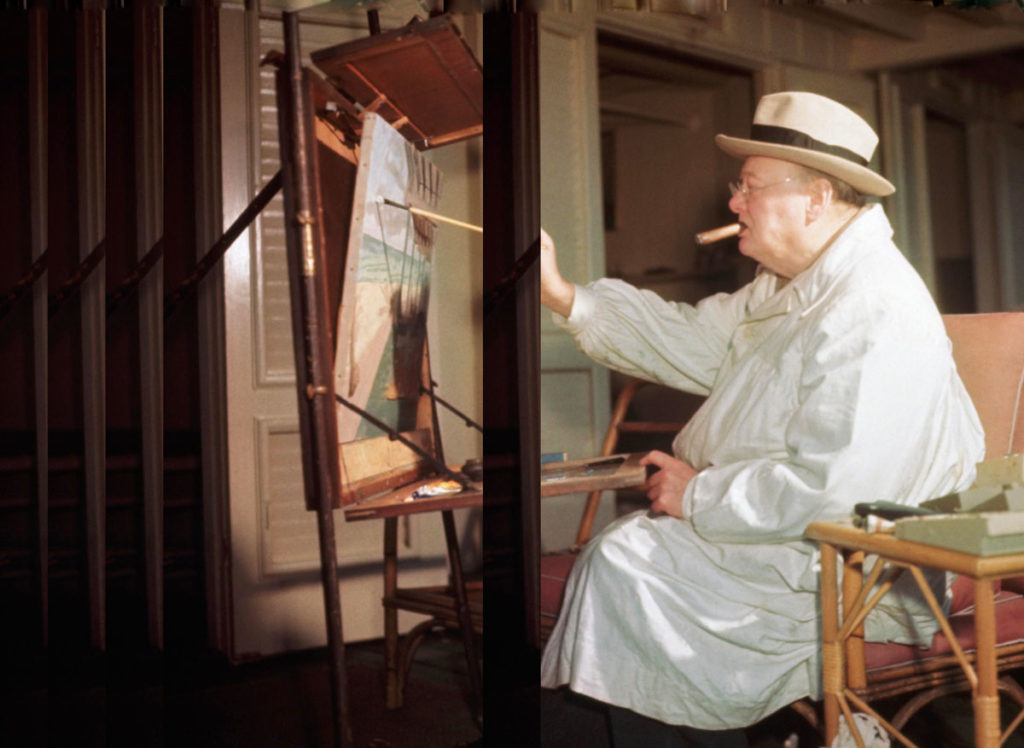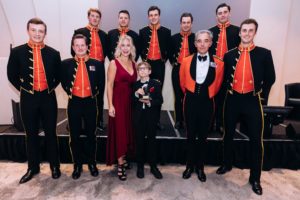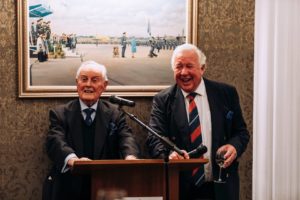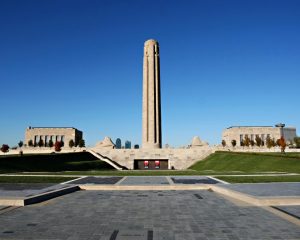Bulletin #161 — Nov 2021
Churchill Style

October 30, 2021
The Art of Being Winston Churchill: Painting
In the 1950s Churchill traveled everywhere with his painting gear, though the act of using it “sometimes…was rather a pantomime,” as one of his bodyguards, Ronald Golding later recalled.
After locating a choice spot with a spectacular view, Churchill would ask for his easel to be brought. Slipping on his white smock he then began to paint, often with an audience of locals gaping close by. After some time, however, he often turned to Golding and requested that a photographer be fetched.
“The photographer was persuaded to take a photograph of the view…at the exact angle that Mr. Churchill was making his painting,” noted Golding. “This procedure was always followed when WSC knew he would not be at a place long enough to complete a painting. With a good photograph he would be able to complete the canvas later, using…an old fashioned magic lantern.”
When Golding on one occasion suggested to Churchill that this “looks a bit like cheating,” Churchill replied: “If the finished product looks like a work of art, then it is a work of art, no matter how it has been achieved.”
You can read more about “Churchill’s Artistic World” in the coming issue of Finest Hour.
Barry Singer is the author of Churchill Style (Abrams Image, 2012) and the proprietor of Chartwell Booksellers in New York City.
Subscribe
WANT MORE?
Get the Churchill Bulletin delivered to your inbox once a month.






